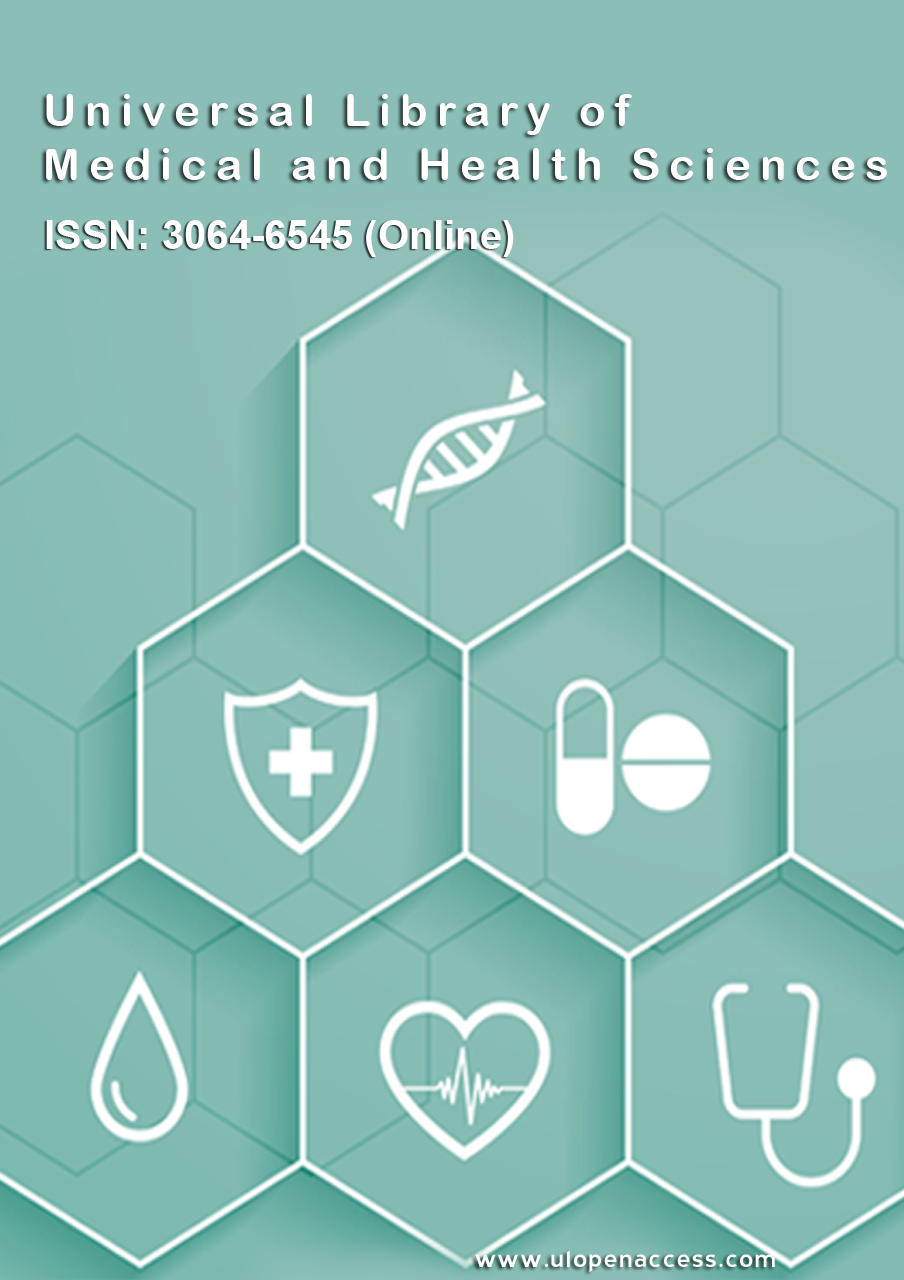Intersectional Disparities in Opioid Use Disorder Treatment: Exploring Barriers Faced by Pregnant African-American WomenAdeoluwayimika Odusi, Shivaughn M. Hem-Lee-Forsyth, N'Diera Viechweg, Eden Estevez Citation: Adeoluwayimika Odusi, Shivaughn M. Hem-Lee-Forsyth, N'Diera Viechweg, Eden Estevez, "Intersectional Disparities in Opioid Use Disorder Treatment: Exploring Barriers Faced by Pregnant African-American Women", Universal Library of Medical and Health Sciences, Volume 02, Issue 03. Copyright: This is an open access article distributed under the Creative Commons Attribution License, which permits unrestricted use, distribution, and reproduction in any medium, provided the original work is properly cited. AbstractThe opioid epidemic, a pressing global health crisis, poses a significant threat to communities worldwide, with pregnant women being particularly vulnerable due to opioid use. This study hones in on the urgent issue of inadequate treatment of opioid use disorder (OUD) among pregnant African-American women, intending to drive immediate improvements in clinical and public health policies. A comprehensive review of pertinent literature reveals that barriers such as race, stigma, and cost are impeding pregnant women from accessing the necessary medication for OUD. Overcoming these barriers is not just essential but urgent to reduce stigma and improve health outcomes for both mothers and babies. Healthcare providers must prioritize evidence-based care to address OUD in pregnancy and mitigate its adverse effects. Keywords: Pregnancy, African American, Opioid Use Disorder, Opioid Use Disorder Treatment Download |
|---|

